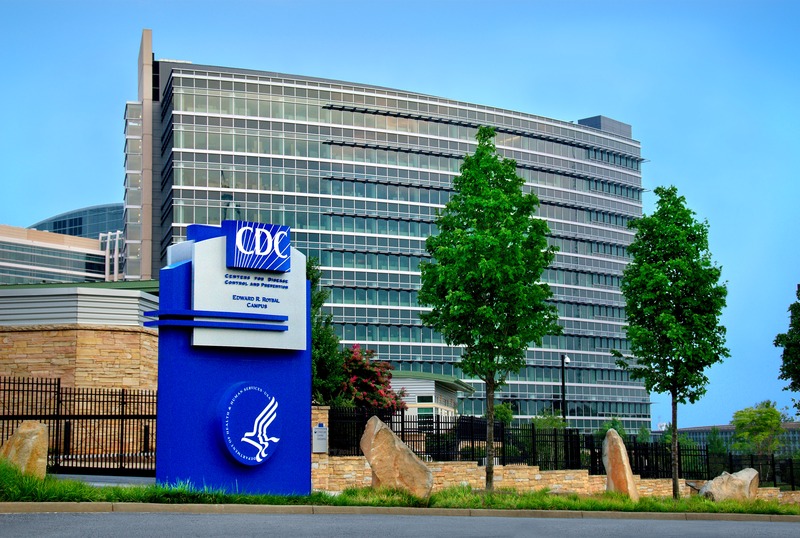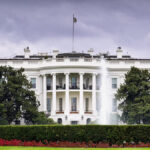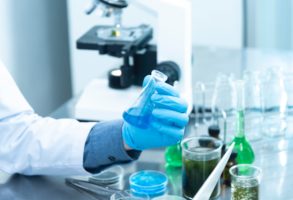
Published October 23, 2021
(This post originally appeared in Aaron Kheriaty’s Substack newsletter “Human Flourishing.” Read other issues and subscribe to the newsletter here.)
The science on the efficacy and durability of natural immunity is now overwhelming. Yet the CDC continues to recommend lifting restrictions on the vaccinated but not those who have recovered from Covid and have superior natural immunity. Vaccine mandates across the country likewise ignore natural immunity simply because the CDC is ignoring it. Those promulgating vaccine mandates feel no need to actually address the science on this question; instead, they simply fall back on the CDC’s recommendation that everyone—regardless of immunity status—get vaccinated.
There are many political reasons the CDC continues to ignore the scientific evidence on this issue. Here is a sampling of of these reasons, which are neither compelling nor grounded in scientific findings:
- Public health officials worry that acknowledging natural immunity will lead people to deliberately try to get infected with Covid rather than getting vaccinated. The obvious response to this worry is that the natural immunity question is not about whether people should try to acquire natural immunity by deliberately getting infected; nobody is suggesting this. It is about the level of immunity afforded to those who have already recovered from Covid as compared to immunity from the vaccine.
- Public health officials worry that establishing whether a potential vaccine recipient has already had Covid is too inefficient and cumbersome: officials downplay anything that might slow the efficiency of vaccination campaigns or complicate the simplistic “needle in every arm” public messaging. The response to this worry is likewise straightforward. Vaccination centers need not take on the burden of testing prior to vaccination; simply place the burden of proof on the vaccine recipients. Some people with prior infection may still want the vaccine; as long as they are provided accurate information regarding risks and benefits of vaccines in this population, they are free to get vaccinated. For those with natural immunity who consider their individual risks and benefits and decide to decline vaccination, policies can specify that it’s their responsibility to establish prior immunity. Simply provide the option to them of presenting previous positive PCR test results, or obtaining antibody testing or a T-cell test (which remains positive after antibodies inevitably decline). While there are many other problems with vaccine passports, if officials insist upon them, at the very least these should be immunity passports rather than vaccine passports: this model has has already been implemented in several European countries.
- Public health officials worry that acknowledging natural immunity will amount to admitting the failure of their prior policies, which were implemented to slow or halt the spread of the virus. The two most basic numbers in immunology are incidence and prevalence: the former designates the rate of new cases over a given period of time, whereas the latter designates the rate of overall cases for a given period of time. Once the CDC acknowledges natural immunity, the obvious question is then about prevalence: how many Americans have already been infected with Covid since the pandemic began? That 20 months into the pandemic we don’t have an answer to this most basic question is astonishing, since it could easily be answered by randomly sampled population-based T-cell testing, or antibody testing sampled sequentially in a cohort every few months. If the CDC got back to epidemiological basics and finally did these essential studies, most scientists estimate that somewhere between 50% and 60% of the population will turn out to have natural immunity, including many who were vaccinated (which artificially elevates estimates of vaccine efficacy, by the way). In the mind of officials who never want to admit that they may have been wrong, this will suggest that—despite draconian lockdowns, social distancing, masking, scrubbing of surfaces, etc.—the virus nevertheless did what viruses do: over half of Americans got infected anyways. Self-interested public health agencies will see this as bad news. (The silver lining is that, of this huge number of people who have been infected with Covid, 99.8% will have survived, including 99.9996% of those under 50.)
There are other political and financial considerations unduly influencing public policy agencies like the CDC on Covid policies, which I will explore in later posts. Against these non-scientific roadblocks, which have little to do with public health and sound policymaking, how can responsible scientists help move the needle on the CDC’s position? Can legal pressure be applied to require the CDC—in an open and publicly transparent manner—to examine the science on natural immunity and give credible reasons for their policies on this issue?
In fact, precisely such legal pressure is already being applied, by a group of academic physicians and researchers (including yours truly) with the help of my team of lawyers at Siri & Glimstad. In my next post for subscribers, I will recount what has transpired with these efforts over the last several months and bring you up-to-date on where we are going next. This next post will also include links to the best summaries on the science of natural immunity, which we have submitted to the CDC. Stay tuned, and if you have not yet done so, consider subscribing for access.
Aaron Kheriaty is a fellow at the Ethics and Public Policy Center, where he directs EPPC’s program in Bioethics and American Democracy.
Aaron Kheriaty, MD, is a Fellow & Director of the Program in Bioethics and American Democracy at the Ethics and Public Policy Center. He is a physician specializing in psychiatry and author of three books, including most recently, The New Abnormal: The Rise of the Biomedical Security State (2022).







